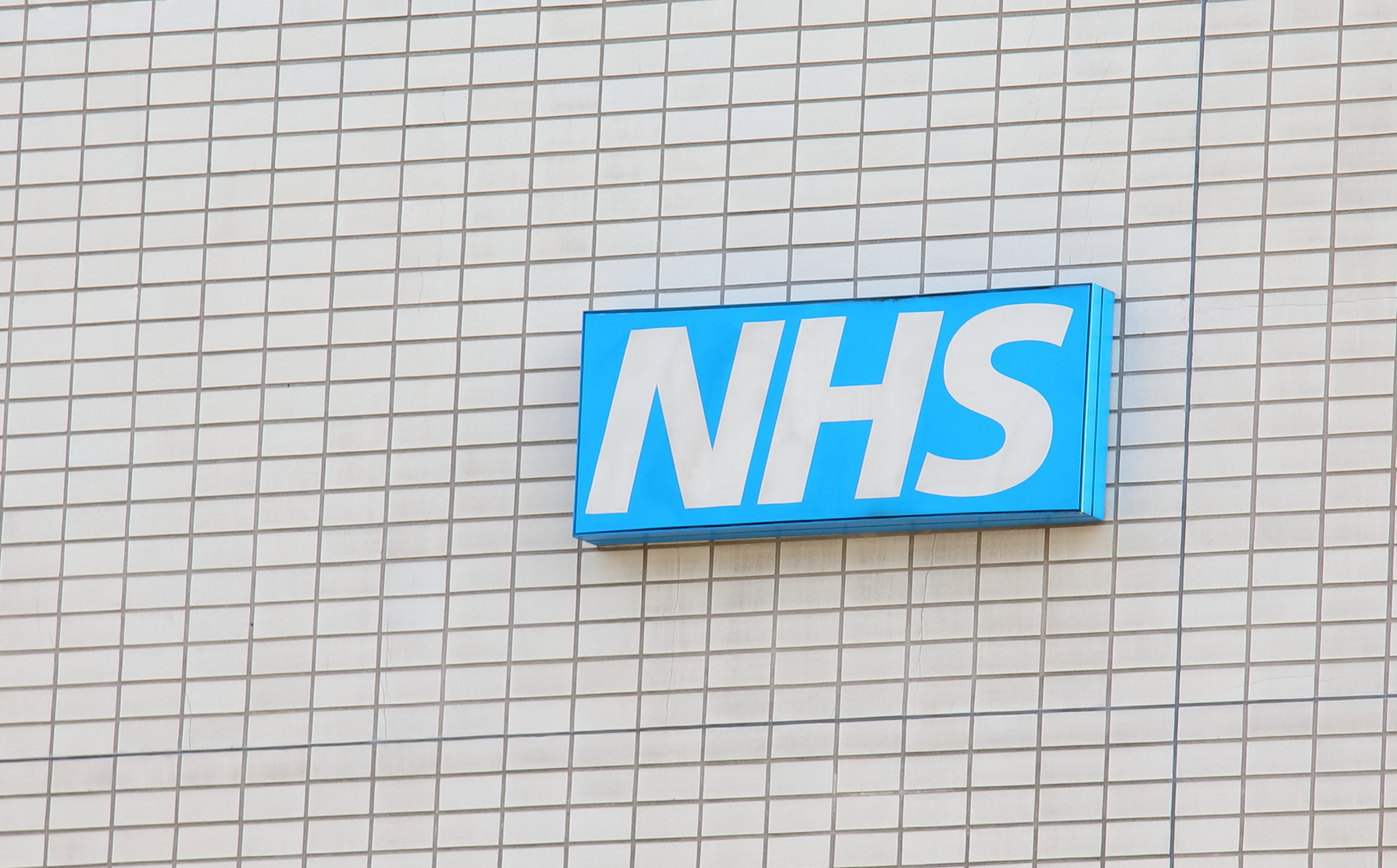More than 5,000 lives a year could be saved by new NHS deal for blood-clot drug
NHS will be able to prevent ‘serious patient harm’ following deal for new stroke treatment

Your support helps us to tell the story
From reproductive rights to climate change to Big Tech, The Independent is on the ground when the story is developing. Whether it's investigating the financials of Elon Musk's pro-Trump PAC or producing our latest documentary, 'The A Word', which shines a light on the American women fighting for reproductive rights, we know how important it is to parse out the facts from the messaging.
At such a critical moment in US history, we need reporters on the ground. Your donation allows us to keep sending journalists to speak to both sides of the story.
The Independent is trusted by Americans across the entire political spectrum. And unlike many other quality news outlets, we choose not to lock Americans out of our reporting and analysis with paywalls. We believe quality journalism should be available to everyone, paid for by those who can afford it.
Your support makes all the difference.The NHS has made a deal on a lifesaving drug treatment which could prevent more than 5,000 deaths a year.
The deal, to expand the health service’s use of drugs designed to stop blood clots, will also prevent more than 20,000 strokes, its chief said.
The drugs, called anticoagulants, will be given to 610,000 patients over the next three years from January 2022.
The usual treatment to prevent blood clots requires patients to attend their GP or hospital regularly, but with new drugs patients will only have to go to hospital once a year.
In April this year, medicines regulator the National Institute of Clinical Excellence recommended anticoagulants should be offered to those at high risk of stroke, such as those who have a atrial fibrillation which is an irregular or abnormally high heart rate.
NHS chief Amanda Pritchard also said more than 5,000 patients had been given wearable devices which can diagnose potentially fatal heart conditions by monitoring patient’s heart rate using artificial intelligence.
NHS England national speciality adviser for cardiovascular disease prevention, Helen Williams, said: “Not only is stroke one of the biggest killers in our country, but it leads to life-changing and often devastating long-term harm for many others, so by ensuring these drugs are made available for all people with atrial fibrillation who are at risk of stroke, the NHS will not only prevent serious harm to the people affected, but avoid the need for aftercare which puts additional pressure on the health service.”
Speaking at a conference run by NHS Providers, which represents NHS trusts, Ms Pritchard said: “The agreements struck by NHS England will save thousands of lives and prevent many more people suffering the debilitating effects of strokes by making this treatment available to hundreds of thousands more patients.
“The health service now has a proven track record of striking deals with manufacturers to ensure patients in England get cutting-edge care at a price which offers best value for taxpayers.
“As we continue to emerge from the pandemic, tackle the backlogs of care which have been created and maintain momentum in the NHS Covid vaccination programme, we are also determined to keep delivering more innovation and greater efficiency in patients’ care.”
Addressing the pressures facing the NHS this winter Ms Pritchard said the services faced “a winter like no other” and commended staff for their hard work throughout the pandemic.
However, she said it was “unfair” to keep asking its staff to keep working so hard, and that NHS needed a workforce plan to get the right levels of staff to deliver quality care.
When asked what more the government could do to support the NHS through winter she said the success of the NHS is “inextricably” linked to social care.
“Right now we have thousands of patients in hospital we know could go home but they need the support of social care to do so, any support that goes in for social care is support for the NHS.”
Her comments on social care come after NHS Providers called for the government to take “emergency action” and offer cash bonuses to social care staff.
Last week The Independent reported care homes were forced to refuse NHS discharge requests amid staff shortages driven by the requirement for their staff to be fully vaccinated against Covid-19.



Join our commenting forum
Join thought-provoking conversations, follow other Independent readers and see their replies
Comments